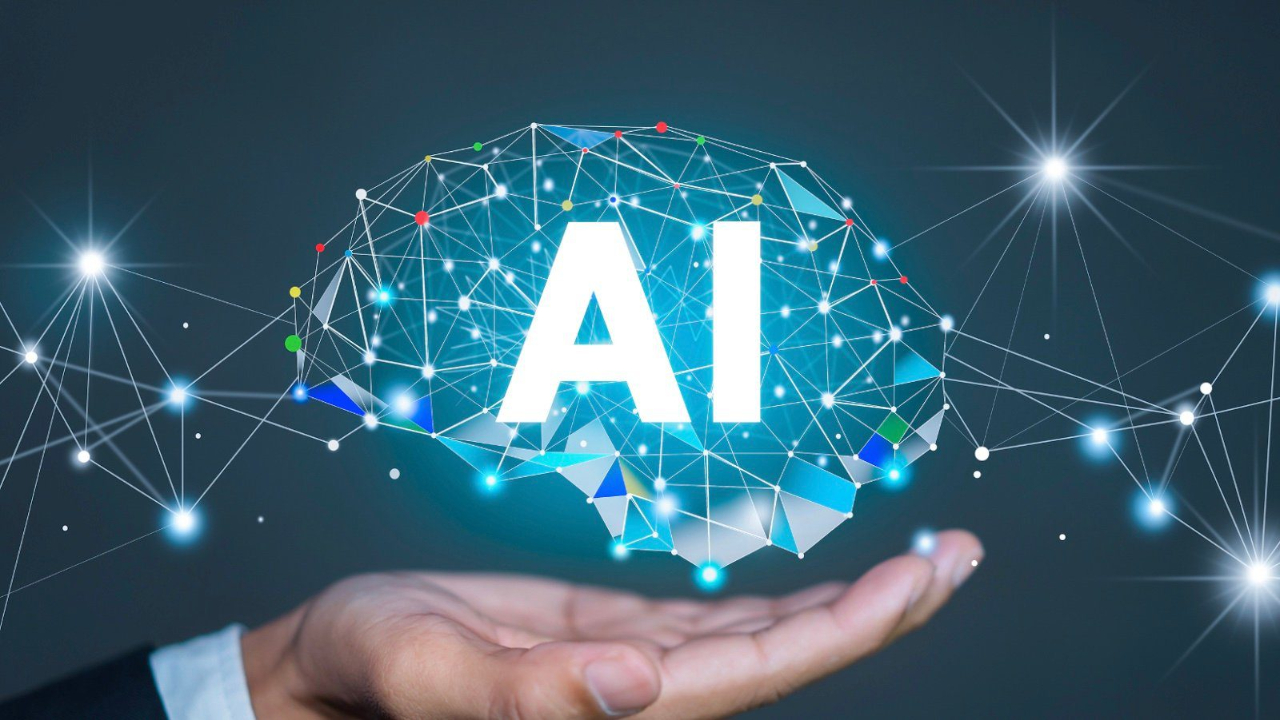The Need for Responsible AI: Striking a Balance between Innovation and Ethics
The advent of AI has brought about a revolution in various industries, with ChatGPT being one of the most fascinating examples. However, this rapid progress has raised concerns about its impact on jobs and ethical implications. As AI becomes more prevalent, the need for responsible AI has become more pressing than ever.
1. What are the risks of irresponsible AI?
Irresponsible AI poses several risks, including a lack of trust due to reliability and accountability issues. Biased decision-making is another major concern, where AI systems can amplify existing biases in data, leading to discriminatory outcomes. There are also copyright and privacy concerns, as AI-generated content raises questions about ownership and data protection. Moreover, the potential misuse of AI in areas like space exploration and the proliferation of AI-generated fake news further highlights the need for responsible AI.
2. How does responsible AI benefit society?
Responsible AI ensures that AI systems are transparent, accountable, and ethical. It addresses biases and promotes fairness in decision-making. It protects data privacy and fosters trust in AI technology, encouraging further investment and innovation. By implementing responsible AI, we can harness the positive potential of AI while safeguarding against negative consequences.
3. What efforts are being made to implement responsible AI?
Various initiatives are underway globally to promote responsible AI. In March, over 1,100 signatories, including tech pioneers and experts, signed an open letter advocating for a six-month pause on AI labs to address safety concerns. Additionally, the European Union is considering legislation that classifies AI systems based on risk and mandates guidelines for their development and use. However, a unified and collaborative effort across different sectors and industries is essential to achieve responsible AI.
4. How can we achieve responsible AI?
Achieving responsible AI involves interdisciplinary collaboration and ethical guidelines. It requires transparency, explainability, and robustness in AI systems. Responsible AI also entails compliance with data governance standards, like GDPR, to protect individuals' privacy. To strike a balance between innovation and ethics, all countries must recognize the importance of responsible AI and work together to implement guidelines.
5. What is the future of responsible AI?
The future of responsible AI hinges on collective efforts to address ethical challenges while fostering AI innovation. By establishing global frameworks and standards, we can ensure that AI continues to positively impact society while mitigating potential risks. Just as the Paris Agreement addressed climate change, a unified approach to responsible AI can shape a future where technology benefits humanity responsibly and ethically.
Responsible AI is not just a buzzword but a critical imperative. It requires careful consideration, collaboration, and commitment to ensure AI's potential is harnessed responsibly, while addressing the ethical concerns and risks associated with its exponential growth. Embracing responsible AI will not only shape a more equitable future but also pave the way for a technologically advanced and ethical society.

